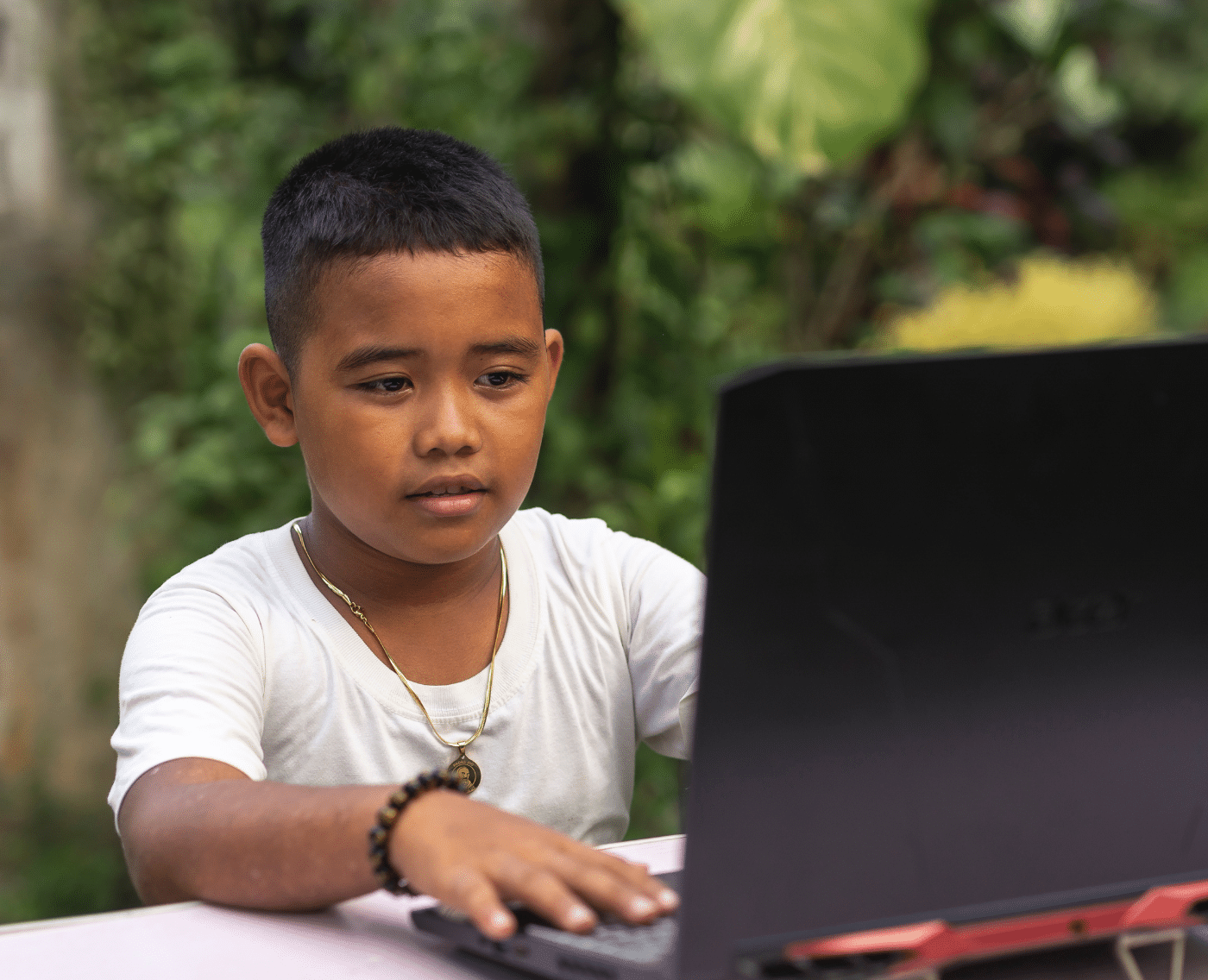Indonesia becomes first Global South country to adopt binding regulation for age-appropriate design
Indonesia becomes the first Asian country to pass binding legal standards for age-appropriate design, a major step towards delivering on its G20 presidency commitment to hold tech companies accountable for children’s rights in the digital world.

Following two years of engagement and support from 5Rights, Indonesia has passed into law a Government Regulation on Child Protection inspired by the UK’s Age Appropriate Design Code. This landmark move sets a strong example for other Asian and Global South jurisdictions committed to best practice in tech regulation for child online privacy and safety. 5Rights welcomes this new law protecting the country’s 84 million children online and promoting equitable global standards for tech accountability.
As the largest digital economy market in Southeast Asia, Indonesia is rapidly emerging as a regional tech leader, with a vibrant tech start-up scene and significant foreign investment. Its digital strategy aims to position the country as a “connector” in the global economy, while prioritising inclusivity, youth empowerment, sustainability and good governance. The pioneering regulation for age-appropriate design is a significant step towards realising this vision.
This new law, developed further to a series of capacity-building workshops, child consultations and feedback from 5Rights, puts children’s rights and best interests above commercial interests. Building on the UN Convention on the Rights of the Child and its General comment No. 25, the regulation requires that any digital product or service likely to be accessed by children provide a high level of privacy by default. Key provisions include bans on profiling and the precise geolocation of children, as well as prohibitions on manipulative design practices – such as nudges that pressure children into weakening their privacy settings or providing more personal data than necessary.
Tech companies are also required to proactively assess and mitigate the risks their digital products and services pose to children, including the impact of their data practices.
Indonesia’s Minister for Communication and Digital Affairs, Meutya Hafid – whose ministry is empowered to promote innovation, and now also to proactively investigate tech companies’ practices – emphasised that companies are now “prohibited from making children a commodity”.
Welcoming the regulation, 5Rights Executive Director Leanda Barrington-Leach said:
“Indonesia committed during its G20 Presidency to implementing best-in-class regulation for child online privacy and safety, and, despite heavy industry pushback, it has delivered. This is a massive win for the country’s 84 million children, who deserve a better and safer digital world. It’s a win for billions more worldwide, demonstrating that the digital regulatory divide can be breached, and furthermore that investing in tech as well as in the well-being of younger generations can go hand in hand. We can have more, and also better, innovation.”
With this bold step, Indonesia moves toward establishing itself as a regional leader in digital governance, setting a precedent for how Southeast Asia can champion children’s rights in the digital environment.
